Respectfully dedicated to that true Buddhist, learned scholar, and author and translator of many valuable Ch’an texts, Charles Luk
The ancients had their unexcelled ways of teaching which seem strange to the people of this modern age of materialism, not only in the West but also in the East. For the human mind is now more concerned with material than with spiritual values; it seeks only the satisfaction of its ever-increasing desires – though these are the very cause of our sufferings – and it casts away ‘its own treasure house’, which is its paradise of eternal bliss. So long as we allow our minds to discriminate and to grasp at illusion, the ancient teaching will seem strange, even stupid and silly, to us. However, if we succeed in disengaging our minds from externals – that is if we stop all our discriminating and discerning – the profundity of that teaching will become apparent to us, for it inculcates not only theory but also that practice which will give immediate results in the sphere of reality; for a teaching cannot be regarded as complete unless it gives the practical method of reaching the ultimate goal. When the Great Pearl preached his Dharma of instantaneous Awakening, he taught its doctrine, its aim, its substance and its function; thus his teaching consists not only of the right interpretation and correct understanding of theory but also of the practical realisation of substance and function, which are the two essentials of complete enlightenment. In other words, he taught the right Dharma which is immanent in everyone and which does not come from outside.
The Master’s numerous quotations from Mahayana Sutras, together with his unsurpassed interpretations and comments, show that all great master read the whole Tripitaka before or after their enlightenment, and refutes the unjustifiable contention that sutra can be dispensed with in the Transmission of Mind introduced into China by the Twenty-Eighth Patriarch Bodhidharma.
The Great Pearl urged his listeners not to let their minds abide anywhere and at the same time to keep from illusory non-abiding, so that a state of all-pervading purity and cleanness would appear of itself. And even this pure state should not be clung to, in order to release the mind from all remaining relatives and thereby attain realisation of the ‘patient endurance of the uncreate’ (anutpattidharmakshanti) which is an essential condition of complete enlightenment. Thus, his instruction followed exactly the same pattern of the Dharma as laid down by the Buddha who said in the Sutra of Complete Enlightenment that his disciples should keep themselves again and again from all illusions, including the illusionary idea of keeping from them, so as to wipe out all traces of subject and object until nothing further remained to be avoided – for only then could bodhi appear in full.
Therefore, Part One of this book gives the Mahayana instruction for self-realisation of mind, for perception of self-nature and consequent attainment of Buddhahood. And Part Two contains the dialogues between the Great Pearl and those who came to him for instruction. If we seriously follow this teaching and practise self-cultivation, beginning with the mind as the starting point, there is every possibility that we shall succeed in reaching the same mental states as those described by the Great Pearl in his twenty-eight-line gatha.
Charles Luk
(Upasaka Lu K’uan Yu)
Hong Kong
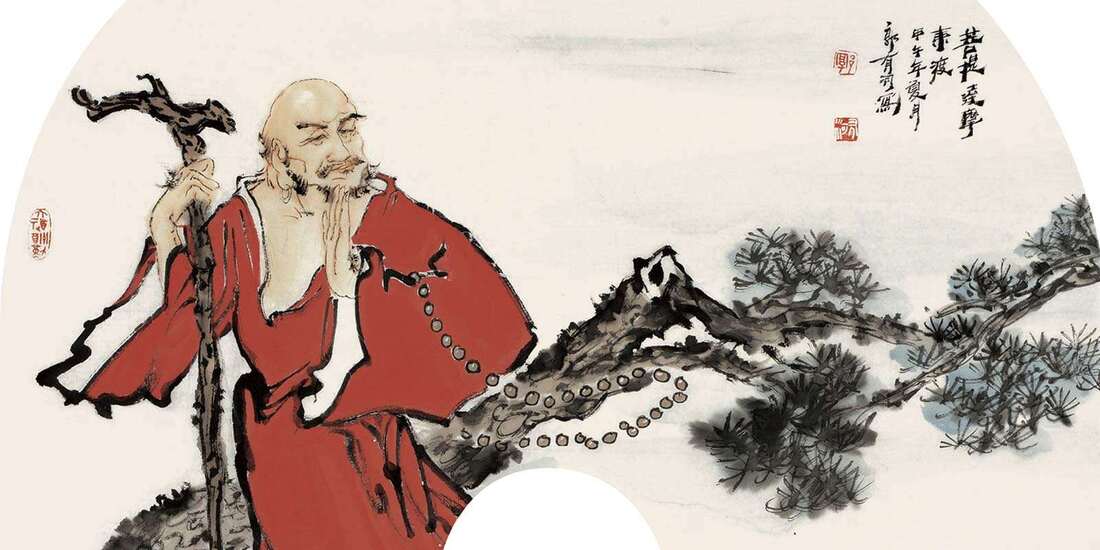
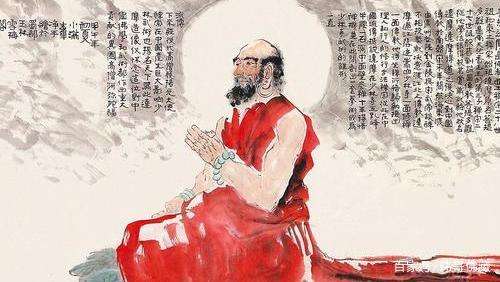
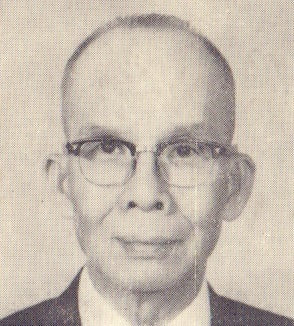
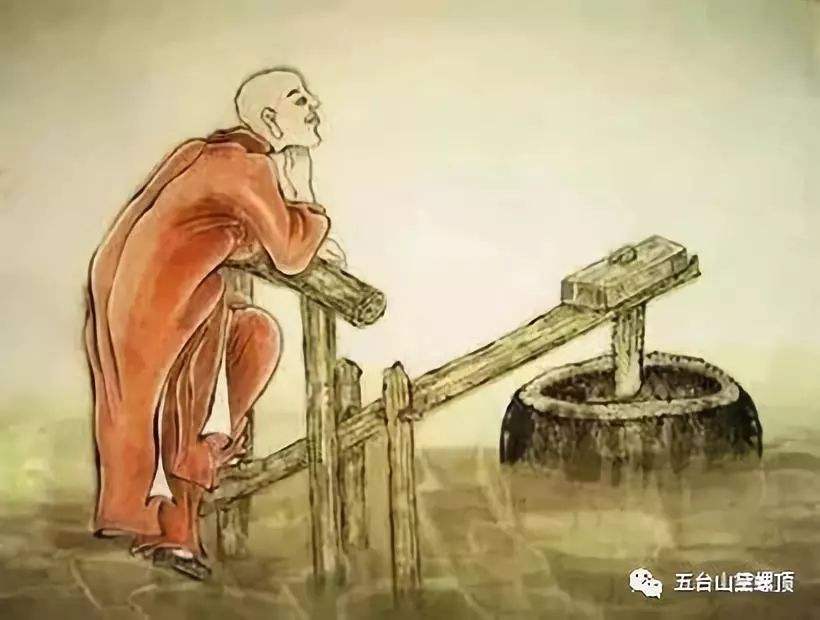
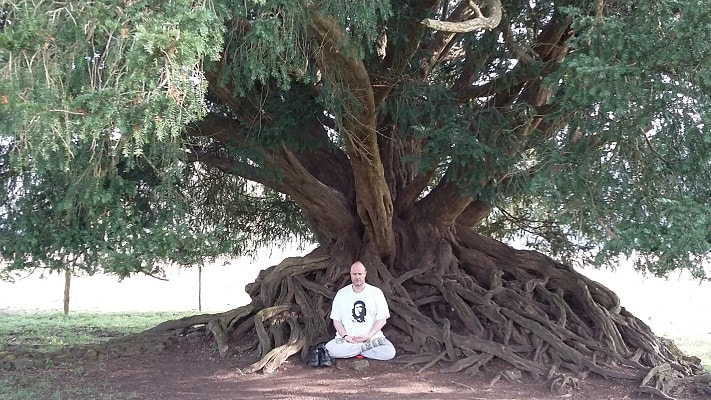
 RSS Feed
RSS Feed